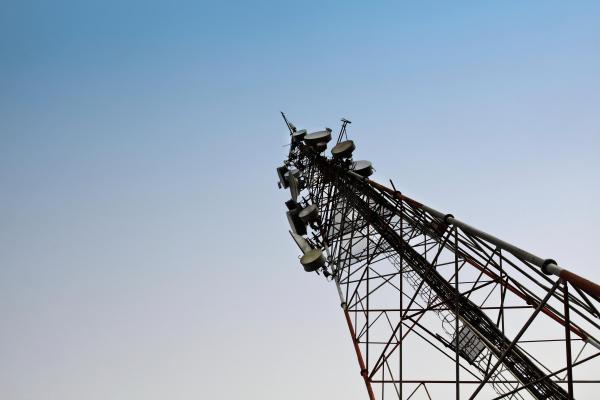

The Telecommunications Bill, 2023, presented in Lok Sabha, grants the government authority to take control, manage, or suspend telecommunication services or networks in the interest of national security.
The Central Government can intervene, citing the necessity or expediency, and may exercise control over telecommunication services or networks.
Cybersecurity Measures
The bill emphasizes the importance of cybersecurity for telecom networks. The Central Government, through rules, can implement measures to protect telecommunication networks, including the collection, analysis, and dissemination of traffic data. This encompasses ensuring the cybersecurity of telecommunication services, networks, encryption, and data processing.
Public Emergency and Temporary Possession
In situations of public emergencies or disasters, the government, or an authorized officer, can temporarily take possession of telecommunication services or networks for public safety. The bill outlines mechanisms to prioritize messages during emergencies.
Spectrum Allocation for Satellite Broadband Services
Significant changes are introduced in the allocation of spectrum for satellite broadband services. The bill permits the assignment of spectrum for such services at administered prices, without auction. Companies like Bharti’s OneWeb, Reliance’s Jio Satellite Communications, Elon Musk’s Starlink, and Amazon’s Project Kuiper are expected to benefit from this provision.
TRAI Chairman and Members Appointment
The bill outlines criteria for appointing the Telecom Regulatory Authority of India (TRAI) Chairman and Members from the private sector. The Chairperson must have at least 30 years of professional experience, serving as a board member or chief executive in specified areas. Members are required to have at least 25 years of professional experience in similar roles.
